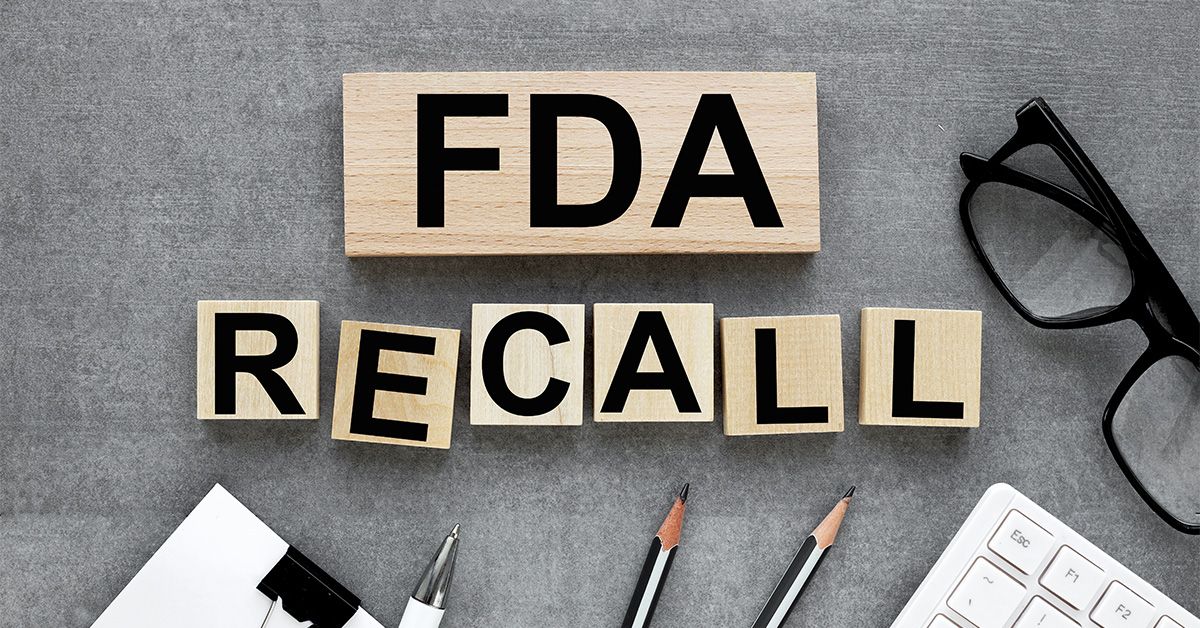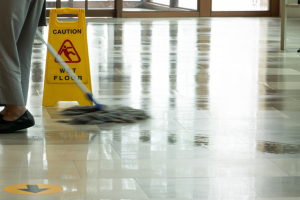Akbar Thomas Resources and Education

Understanding FDA Class I, II, and III Recalls
Earlier this year, the J.M. Smucker Company issued a voluntary recall of select Jif peanut butter products sold in the U.S. after the product was linked to multi-state salmonella outbreaks. The recall, which was conducted in cooperation with the U.S. Food and Drug Administration (FDA), affected 20 other companies that had used the peanut butter to manufacture their own products. This marks the biggest FDA-related recall issued this year.
The Centers for Disease Control and Prevention (CDC) determined that the contaminated peanut butter caused 21 illnesses, with four resulting in hospitalization. Absent the recall, these numbers would undoubtedly have been far more significant.
With a keen interest in defective product law, the legal team at Tallahassee’s Akbar Thomas Law checked on the current legal consequences of the company’s tainted product and the recall. And, no surprise, the company is facing several individual and class action lawsuits covering product liability, negligence, deceptive marketing, and the recall itself.
While it will be interesting to see how these lawsuits fare, perhaps the recall process is more interesting to our readers. How do FDA-related recalls work, and how do they affect potential defective product litigation? Read on to find out:
The FDA’s Role in Recalls
As implied by the name, the FDA oversees the regulation of medications and most food items. It also covers medical devices, cosmetics, biologics, tobacco, and veterinary products. Along with developing regulations, the agency performs an oversight role in ensuring the safety of products under its jurisdiction. When a food item, medication, medical device, or other product under its authority is found to be contaminated, defective, or posing other health concerns, the FDA usually coordinates with companies to issue a recall. The agency rarely needs to force a company to issue a recall, as most companies proactively work with the FDA to resolve such safety concerns.
When issued, the FDA categorizes a recall into one of three classes as follows:
- Class I—applied to products that pose a significant threat to human health. As the most urgent and serious recall, the FDA diligently oversees the recall process to ensure that the product is taken off the market and that consumers are adequately warned about its potential danger.
- Class II—used for products that may cause a more limited, shorter-term health issue. As with Class I, the FDA oversees the recall process.
- Class III—covers minor product defects or errors that are not expected to impact the consumers’ health. In many cases, these recalls are issued due to a violation of FDA regulations, such as improper product labeling.
Given the vast number of products under the FDA’s jurisdiction, the agency oversees thousands of recalls yearly. Fortunately, the agency categorizes most as Class II or III.
How does a Recall Affect a Defective Product Lawsuit?
Whether Class I or II, if your health has been impacted due to a recalled product, how might that recall affect your ability to seek compensation for damages caused by a negligent company? Does a recall shield a company from legal liability or otherwise limit an injured party’s ability to seek damages?
These are good questions, but the answers fall on an “it depends” spectrum. For example, did the injured party purchase and/or use the recalled product before or after the recall was initiated? The consumer will obviously have a much stronger case if the product harmed them before the recall was initiated. That said, issuing a recall does not automatically shield a company from liability from after-recall damage claims. The strength of such claims largely depends on whether the company provided consumers with adequate notice of the recall. And that determination might rely upon a judge or jury’s assessment.
For Your Defective Product Claim, Consult with Akbar Thomas Law
If you’ve been injured or fallen ill due to an FDA-related recalled product, the legal team at Tallahassee’s Akbar Thomas Law can assess your situation to determine whether you have just cause to pursue damages. Florida’s product liability laws are designed to compensate people for medical expenses and other damages when they are injured or sickened by the negligence of others. A recall can serve as evidence of such negligence, and, even if injured or made ill after one is issued, you still might have a strong case. To learn more, consult with us today at 850-383-0000.

